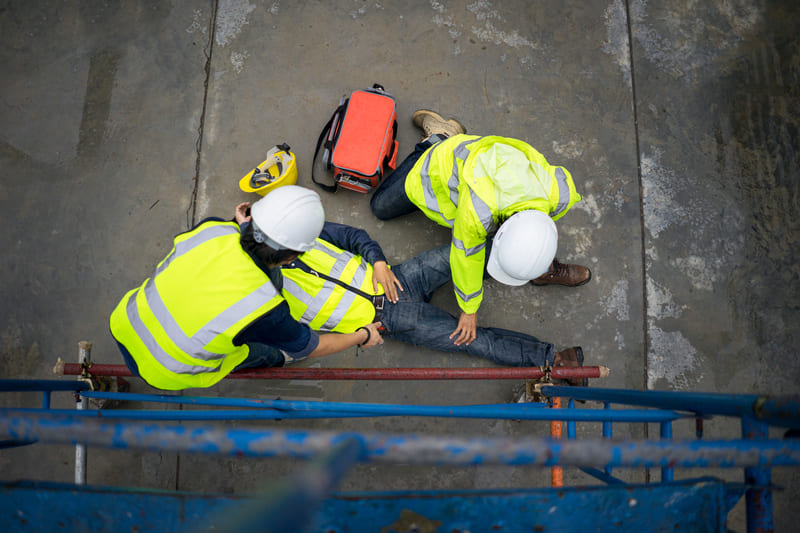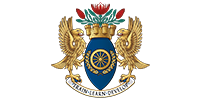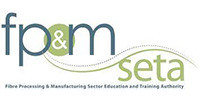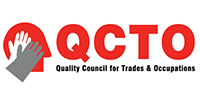EMCARE’s safety officer course opens aspiring health and safety officers up to a wide range of industries to work in. One of the most important industries for safety officers to work in is transportation. From facilitating trade to connecting businesses and people, the transport industry is a bustling line of work that is known for having constant risks and potential accidents. In this short read, we’ll be highlighting roles and responsibilities of transport safety officers and understanding why they are so crucial to protecting communities. We’ll also be breaking down the value of EMCARE’s safety officer course and how it is beneficial for all safety officers.
The Value Of EMCARE’s Safety Officer Course
Acquiring the proper training is essential for anyone in the health and safety industry. Safety officers are responsible for the protection of people in the workplace, which is why learning all the necessary safety and hazard prevention measures is crucial. Additionally, safety officers also need to ensure that their place of work is complying with official safety legislation.
Whether you’re hoping to work in the transportation, manufacturing or construction industry, completing a safety officer course is beneficial for all safety officers. Our safety officer course provides aspiring officers with expert tools, learning and training to equip them for keeping workplaces safe. Not only does our safety officer course offer a comprehensive guide for becoming a successful safety officer, but it has also been specifically designed to comply with South African health and safety regulations.
Consisting of 10 valuable modules, EMCARE’s safety officer course provides up and coming safety officers with 3 levels of first aid training, basic firefighting, legal liability and several other important sections on health and safety. Upon completing our safety officer course, you’ll receive an EMCARE certificate registered with SAIOSH as well as safety officer certification valid for 2 years.
To equip yourself with the necessary skills and knowledge to become a safety officer, take our safety officer course and start your journey in the health and safety industry.

What Is A Transport Safety Officer?
Like safety officers in other industries, the job of transport safety officers is to ensure the safety of civilians and workers. For the transport industry, this also means protecting passengers in the public, especially amid their commutes. One of the key reasons as to why the transport industry is considered especially hazardous is because it includes road, sea, rail and air transportation. Whether it be on the road or an aircraft, transport related accidents are a regular occurrence throughout the world, which is why the work of transport safety officers are so important.
Not only do transport safety officers ensure the protection of civilians, but they also need to verify the efficiency and safety of transportation services. Transport facilities need to work properly and comply with health and safety regulations to be deemed operational, which is central to the role of transport safety officers.
All in all, the goal of transport safety officers is to minimize potential accidents through providing safety training, ensure compliance with industry standards and conduct consistent inspections at their place of work. Their job helps to keep transportation facilities safer for workers and pedestrians, making communities healthier and more secure.

The Roles Of Transport Safety Officers
Maintaining security and safety in the transportation industry is no simple feat, which is why transport safety officers have several essential duties that they need to fulfill once they have completed their safety officer course. Here are some key roles that transport safety officers have to keep the world of transport safer for us all:
- Offering Safety Training & Education: Being a successful transport safety officer means more than just complying with industry standards – it also means providing employees with the necessary education and training to keep themselves and their workplace safe. Safety officers help to reinforce a safety culture among workers in the transportation industry by teaching them how to do their jobs safely as well as running safety training programs. These training programs are verified by safety officers to ensure relevance, accessibility and engagement.
- Monitoring Performance And Consistent Improvement: The job of transport safety officers requires constant monitoring and inspection. Safety measures need to be up-to-date and effective for any industry, which is why safety officers consistently perform progress assessments and analyze related data. To ensure that the safety procedures of the transport industry are consistently improving, safety officers perform several duties, such as implementing improvements, collecting and analyzing data, studying progress, promoting development and launching safety routine metrics.
- Certifying Compliance With Industry Standards & Regulations: Those working in the transportation industry are constantly at risk of various potential dangers. To ensure and manage safety for workers, authorities enforce strict safety regulations, guidelines and industry standards to be enacted and followed. One of the most important duties that transport safety officers perform is ensuring legal compliance among employees and employers. Without the regulation and implementation of these procedures, people in the workplace are further at risk of the hazards around them. Safety officers keep and monitor records to ensure that those in the workplace are adhering to industry standards by being properly trained and following established protocols.
- Advancing And Applying Safety Policies: Passengers and employees alike need to be safe when using transportation facilities, which is why transport safety officers are tasked with implementing safety policies. In addition to adhering to industry standards, these policies help to prevent and decrease the chance of potential accidents. Most if not all modes of public transport pose certain risks to employees and passengers, whether it be on the road, in airplanes or at sea. Because danger is not far or few between amid transportation facilities, the development and implementation of these safety policies must be strictly followed as it protects people. This also means that when these policies are not followed, safety officers can take corrective action by giving out disciplinary hearings, revising policies and re-educate employees on safety measures.















